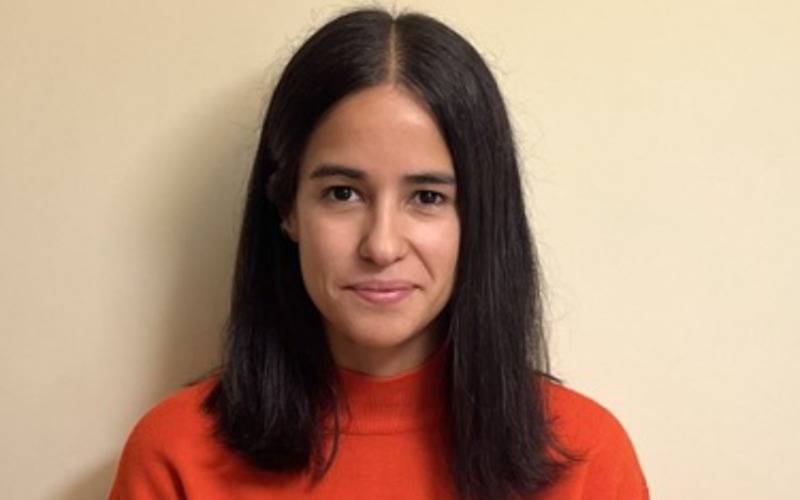This month we speak to our Early Careers Network Co-Chair, Dr Victoria Garfield, to find out how her research is improving the health of the public.
 What is your role and what does it involve?
What is your role and what does it involve?

I am a Senior Research Fellow in Genetic Epidemiology working at the MRC Unit for Lifelong Health and Ageing at UCL, led by Professor Nish Chaturvedi. I lead research projects as PI and carry out analysis of epidemiological and genetic data. I also supervise, mentor and teach junior researchers and students.
I am also Co-Chair of the UCL Health of the Public Early Careers Network, which focuses on the needs of Early Career Researchers (ECRs). We organise events, disseminate information about funding and training, and aim to help ECRs broaden their networks.
How are you improving the health of the public?
I was awarded the 2022 Professor David Matthews Non-Clinical Fellowship by the Diabetes Research and Wellness Foundation. In this project, I am conducting research to understand why people with type-2 diabetes and/or high blood pressure are more likely to have cognitive impairment and eventually, a dementia diagnosis.
My other core research focuses on how poor sleep, including low-quality sleep, and sleeping for too little or too long is linked to worse brain health and a greater chance of having dementia. We are currently carrying out research into how daytime napping might affect the ageing brain. To do this, we use data from hundreds of thousands of people from across the population, including lots of health measurements, biomarkers, and DNA. I have also developed a keen interest in some methodological aspects of a technique that I have been using for 10 years now, called Mendelian randomisation, which allows us to understand whether associations are simply more than correlations and might be causal.
What do you find most enjoyable about your work?
I enjoy seeing through the process, from having an idea for research to obtaining the funding, completing the project, and then seeing it published. What is even more satisfying than having our research published in academic journals is when it reaches the general public, and we find they are interested in what we’re doing. Science is for everyone, after all!
How have cross-disciplinary collaborations shaped your work?
Cross-disciplinary collaborations have been instrumental to the success of my research. I have collaborated across the fields of psychiatry, experimental psychology, nutrition, statistics, neurology, pharmacology, built environment, amongst others. Without the expertise of our collaborators at a national and international level (India, Norway, Uruguay, US, etc) our research would not be as robust. I was able to visit the institute I work with in New Delhi this year and it was an incredible experience!
What advice would you offer to others interested in developing cross-disciplinary work?
I would advise anyone who would like to collaborate with researchers across disciplines to look out for relevant events where you might be able to meet and network with the right folk and/or simply drop an email to whoever you’d like to work with, as I’ve found that people are nice and responsive generally. There’s no harm in asking!
What's next on the research horizon for you?
My research plans include more work into understanding whether our findings are applicable to multiple age groups and genetic ancestries, as it’s important to know this for any potential clinical translation of our research.
If you could make one change in the world today, what would it be?
To somehow distribute research funding in a fairer way across the world. My collaborations with LMICs have shown me that there are fantastic researchers all over the world, but research funding is far more limited, which means that training the next generation of researchers is much harder. Small countries are also usually forgotten, but there are some great projects led by incredible PIs – it would be great to be able to support them more.
 Close
Close

